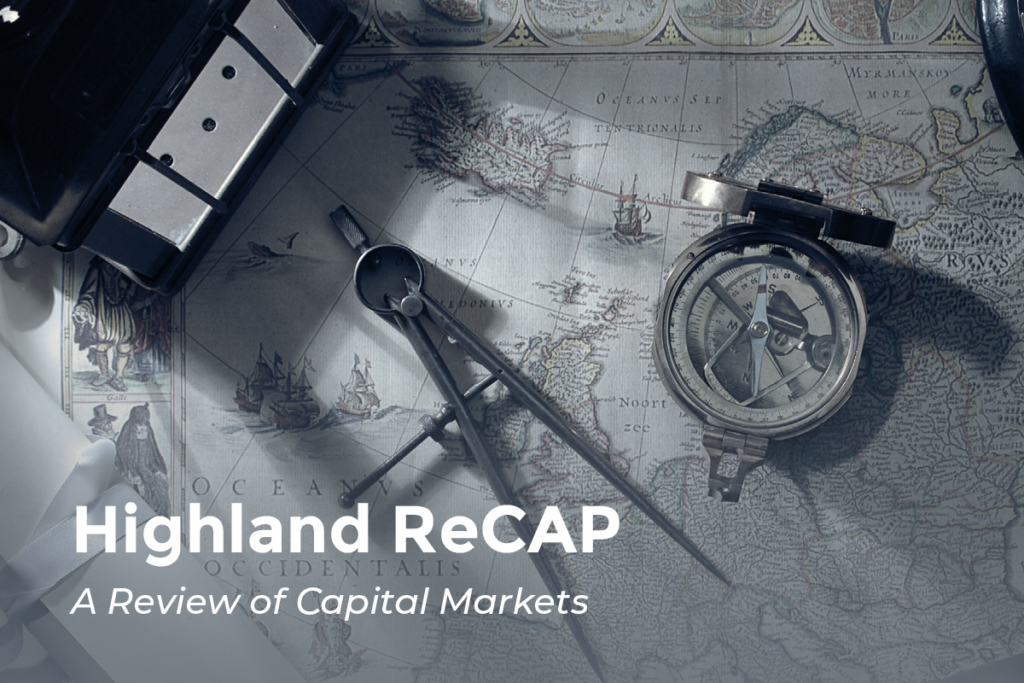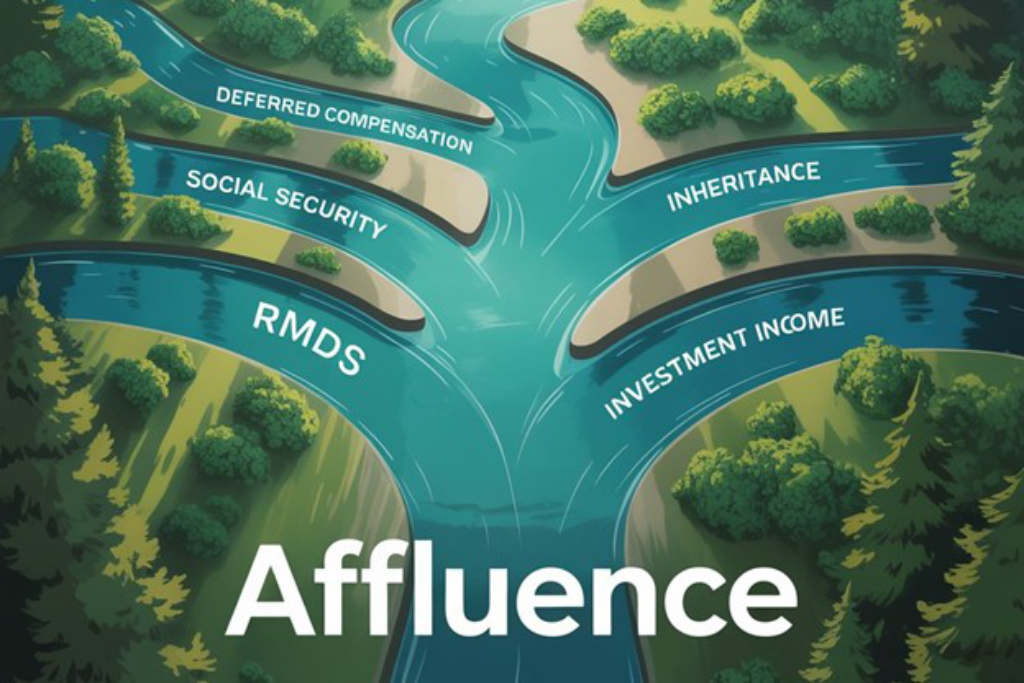What Does the DOL Fiduciary Ruling Mean for You?

Just days ago, On May 22, 2017, Labor Secretary Alexander Acosta published a commentary in the Wall Street Journal that stated that there is no “legal basis to change the June 9 date,” for the Department of Labor’s (DOL) final rule defining a “fiduciary” under the Employee Retirement Income Security Act of 1974 (ERISA) and related exemptions.
The final rule, six years in the making, will go into effect on June 9.
Let’s recap recent events and why this action may matter to you and other sponsors and participants in retirement savings plans.
Here’s the background:
June 9 Date is Set for New Fiduciary Rule
The DOL’s proposed rule on the definition and scope of responsibilities and disclosure of compensation for fiduciaries had an original applicability date of April 10, 2017 with full implementation of certain exemptions by January 1, 2018. Earlier this year, President Trump directed the DOL to examine the effect this rule would have on the ability of Americans to access retirement information and financial advice.
As a result, the DOL delayed the original applicability date to June 9, 2017 to allow for public comment and questions on the issues. This public comment period has ended and the DOL is analyzing the issues raised by President Trump and while Secretary Acosta and the DOL have suggested that additional rule changes may be possible, the June 9 date remains firm.
What the Fiduciary Rule Means for You
And why exactly does this matter?
The new rule will impact anyone who participates in a defined benefit, defined contribution savings plan, or owns an IRA. Moreover, sponsors of ERISA-governed plans will be affected as the party ultimately responsible for the quality of investment advice made available to plan participants.
The rule distinguishes “advice” from “education” and closes a long-standing gap between brokers (who may receive compensation for the products they recommend) and registered investment advisers. Because the rule expands current standards which define “investment advice,” a broader range of brokers, insurance agents, advisers and financial service providers working with retirement plans subject to ERISA will now be treated as fiduciaries.
And those providers of investment products or advice who earn commission-based compensation will now be identified as fiduciaries (dispensing advice and not simply education) and they will be held to higher standards of transparency and impartiality with consequent penalties for failure to act in the best interests of their clients. For their part, plan sponsors will have a greater obligation to understand whether and how their current investment advisers comply with the new standards.
A Soft Start Expected
While this rule should motivate all plan sponsors to become certain of the status and compensation structures used by their plan advisers, the DOL Field Assistance Bulletin No. 2017-02 (FAB 2017-02), which was published on the same day acknowledges that its approach to implementation will emphasize assistance with compliance rather than pursuit of citations and penalties for non-compliance.
Consistent with this approach, FAB 2017-02 provides that “during the phased implementation period ending on January 1, 2018, the [DOL] will not pursue claims against fiduciaries who are working diligently and in good faith to comply with the fiduciary rule and exemptions, or treat those fiduciaries as being in violation of the fiduciary duty rule and exemptions.”
The result is that while the fiduciary rule will go into effect on June 9, 2017, enforcement of the rule will be postponed until January 1, 2018.
What is Your Role Under the Fiduciary Rule?
While Secretary Acosta may have left a door open for modification of the rule, in the next six months we expect plan sponsors to take a closer look at the working relationship they have with their investment advisers, and scrutinizing compensation structures in a way they might not have before.
If that’s where you find your company—with a need to gain clarity and greater understanding of your advisers’ role and position under new DOL fiduciary obligations, we can help.
Conclusion
Since the inception of our firm, Highland has always acknowledged its role as a fiduciary to retirement plans. As some investment advisers react to these changes by altering their business models to mitigate conflicts of interest, Highland continues to provide impartial, conflict free, and fee-only consulting services to our clients as we have done for the past 23 years.



